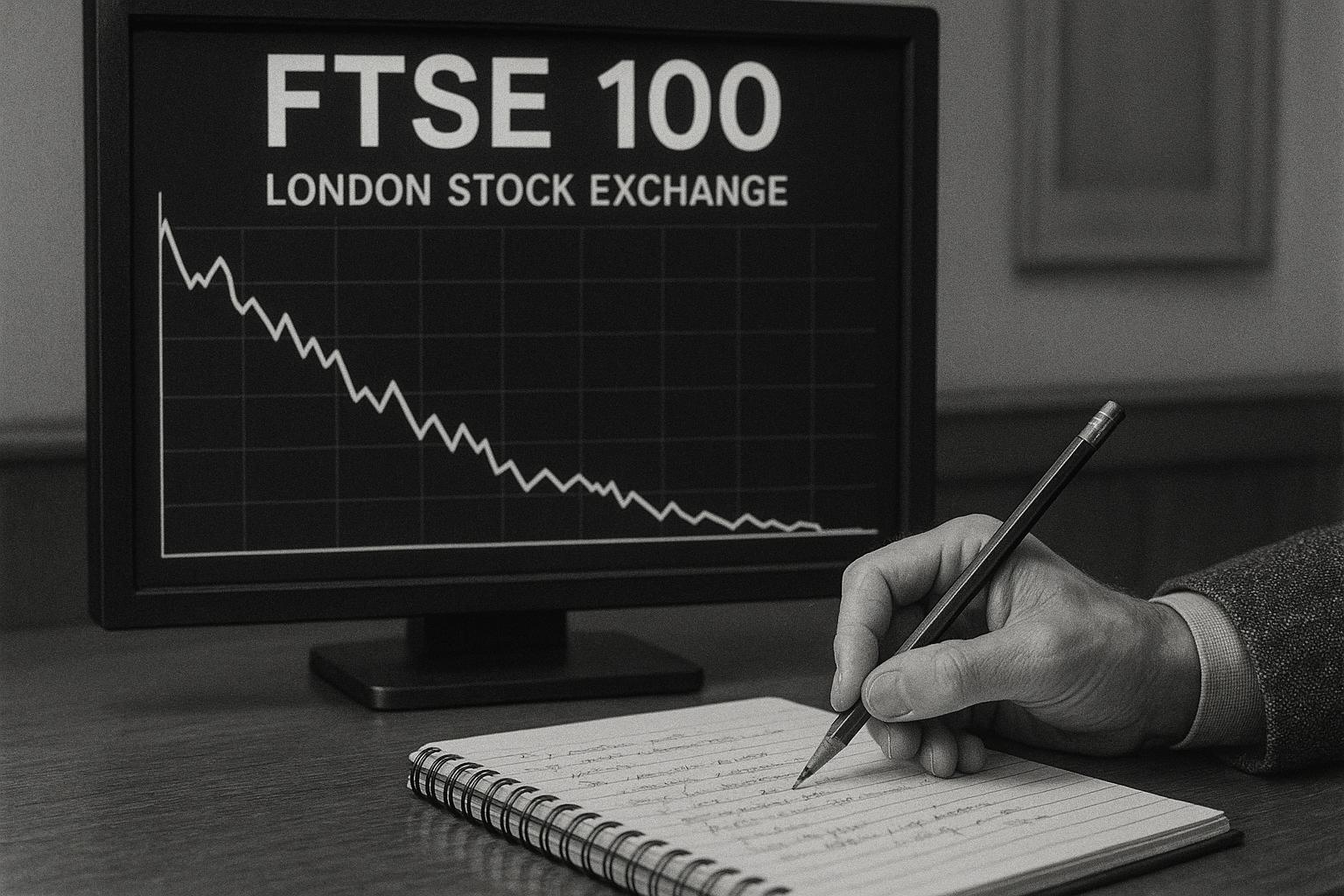As the UK enters the New Year, there are mounting concerns about a fresh surge in inflation, setting a challenging tone for the economy. While official forecasts from the Bank of England suggest a gradual easing of inflation, real-world signals from businesses and consumers indicate a far more persistent inflationary pressure. The Bank’s latest Consumer Prices Index (CPI) figure stands at 3.8%, while measures including owner-occupied housing costs (CPIH) and the Retail Price Index (RPI) show even higher inflation rates of 4.1% and 4.5%, respectively. This disparity suggests that the conventional CPI figure may understate the true cost pressures felt across the economy.
There is a marked divergence within the Bank of England’s Monetary Policy Committee (MPC) over the appropriate response, with nearly half its members favouring an interest rate cut, a move narrowly avoided by the Governor’s casting vote. Critics of such cuts argue that lowering interest rates prematurely risks exacerbating inflation, which, according to qualitative feedback from business leaders, is becoming deeply entrenched. Many firms reportedly plan to postpone price rises until after Christmas, only to implement sharp increases early in the New Year, raising concerns that inflation could climb above 3%, potentially nearing 4% in the absence of new economic shocks or further rate hikes.
This growing inflationary pressure contrasts with official government forecasts from entities such as the Office for Budget Responsibility (OBR), which recently raised its 2025 inflation forecast to 3.2% from an earlier 2.6%, before predicting a return to the 2% target by 2027. Similarly, the International Monetary Fund (IMF) now anticipates UK inflation to peak at 3.4% in 2025, the highest among G7 nations, citing factors such as regulatory price changes and global trade tensions. These upward revisions reflect a consensus among forecasters that inflation will remain elevated throughout next year.
Economic growth projections have also been revised downwards. The OBR halved its 2025 GDP growth estimate to 1%, underscoring muted economic momentum amidst global uncertainties. The Organisation for Economic Co-operation and Development (OECD) and EY ITEM Club have also downgraded growth forecasts, reflecting the broader challenges facing the UK economy, including the burden of government borrowing and rising costs imposed by recent fiscal policies.
The political context further complicates matters. With an upcoming Budget led by Chancellor Rachel Reeves expected to introduce additional business costs, many analysts believe inflation pressures may intensify, making any premature easing of monetary policy risky. The Bank of England’s credibility appears to be on the line, as investors and financial markets remain wary. Persistent inflation could lead to currency devaluation and higher government debt servicing costs, heightening economic instability.
Public sentiment reflects these concerns, too. Recent surveys indicate rising inflation expectations among the UK population, which climbed to 4.2% over the next 12 months, the highest since April. This shift in expectations may restrain the MPC’s willingness to cut interest rates and maintain the delicate balance between controlling inflation and supporting job growth.
In sum, while official data projects inflation will ease over the medium term, on-the-ground realities suggest inflation is more deeply embedded than the numbers reveal. The coming months will test both the Bank of England’s policy resolve and the government’s fiscal strategy as they navigate the complex interplay of inflation, growth, and public trust amidst mounting economic pressures.
📌 Reference Map:
- [1] (Daily Mail) - Paragraphs 1, 2, 3, 4, 5, 6, 7, 8
- [2] (Reuters) - Paragraph 3
- [3] (Standard) - Paragraph 4
- [4] (AA) - Paragraph 3
- [5] (EY ITEM Club) - Paragraph 4
- [6] (Reuters - OECD) - Paragraph 4
- [7] (Reuters - YouGov) - Paragraph 6
Source: Noah Wire Services
